Search results
European Heart Failure Guideline Updates: A Peer-to-Peer Discussion on SGLT-2 Inhibitors
Author(s):
Andrew JS Coats
,
Carolyn Lam
Added:
2 years ago
Video Series
Author(s):
Marc S Sabatine
,
Lars Kober
Added:
4 years ago
Mark Sabatine & Lars Kober analyse the latest SGLT2 data presented at ESC 2019
View more
Author(s):
Davide Stolfo
,
Gianluigi Savarese
Added:
5 years ago
Heart failure (HF) is a major and growing public health problem with high morbidity, mortality and costs.1 Due to the ageing the population, the mean age of patients with HF is increasing and exceeds 70 years in most developed countries. HF prevalence rises with age and exceeds 10% in people over 80.2 Older patients are more frail and have a higher risk of cardiovascular events. They also have a…
View more
Author(s):
Javed Butler
,
Stefan Anker
Added:
5 years ago
Esc 2018: Use of sglt2 Inhibitors in Clinical Practice to Reduce CV Mortality in Patients With Type 2 Diabetes - Prof Javed Butler & Prof Stefan Anker
Filmed on-site at ESC 2018 by Radcliffe Cardiology.
View more
Heart Failure in Focus Podcast - Ep 2: Your Questions Answered
Author(s):
Muthiah Vaduganathan
,
Carolyn Lam
Added:
1 year ago
Podcast Episode
Author(s):
Ovidiu Chioncel
,
Sean P Collins
,
Andrew P Ambrosy
,
et al
Added:
3 years ago
Acute heart failure (AHF) is a heterogeneous clinical syndrome including diverse phenotypes sharing similar presenting signs and symptoms.1 The diversity of aetiologies and precipitants of HF and their specific pathophysiologic mechanisms, may result in distinct clinical profiles requiring specific treatment approaches.
Pulmonary oedema (PO) is a common manifestation of AHF associated with a…
View more
Author(s):
Yury Lopatin
Added:
3 years ago
Heart failure is currently one of the leading causes of death and disability worldwide, which makes it a major public health problem.1,2 Traditionally, heart failure is considered a complex syndrome with several features, including abnormal myocardial function and excessive, continuous neurohumoral activation. In this context, the current optimal pharmacological treatment of heart failure focuses…
View more
Author(s):
Gabriele Fragasso
Added:
3 years ago
The development of heart failure is rarely dependent on primary alterations of cardiac metabolism. The majority of heart failure cases result from diseases of the cardiac muscle, most frequently ischaemic heart disease. However, whatever the cause of heart failure, the net result will be depletion of myocardial adenosine triphosphate (ATP), phosphocreatine and creatine kinase levels with…
View more
Author(s):
Patrick Campbell
,
Selim Krim
,
Hector Ventura
Added:
3 years ago
Heart failure remains a significant burden to the US healthcare system and contributes greatly to the morbidity and mortality of the population. The impact of an ageing population, improved survival in coronary artery disease (CAD) and adverse life-style choices will ultimately result in an increased burden on an already taxed health care system.
Heart failure affects over 5 million people with…
View more
Hyperkalaemia in Heart Failure
Author(s):
Umar Ismail
,
Kiran Sidhu
,
Shelley Zieroth
Added:
2 years ago
Article







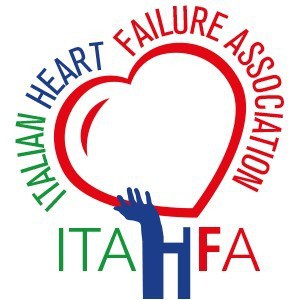
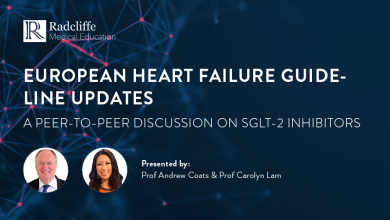
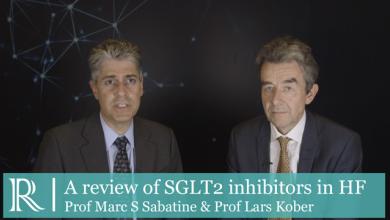

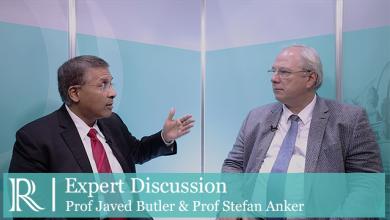

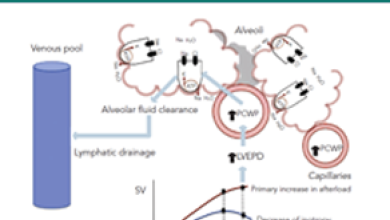

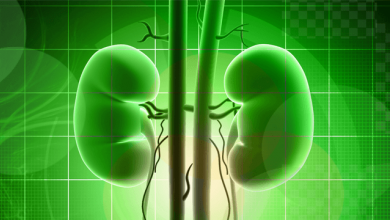
 « First
« First